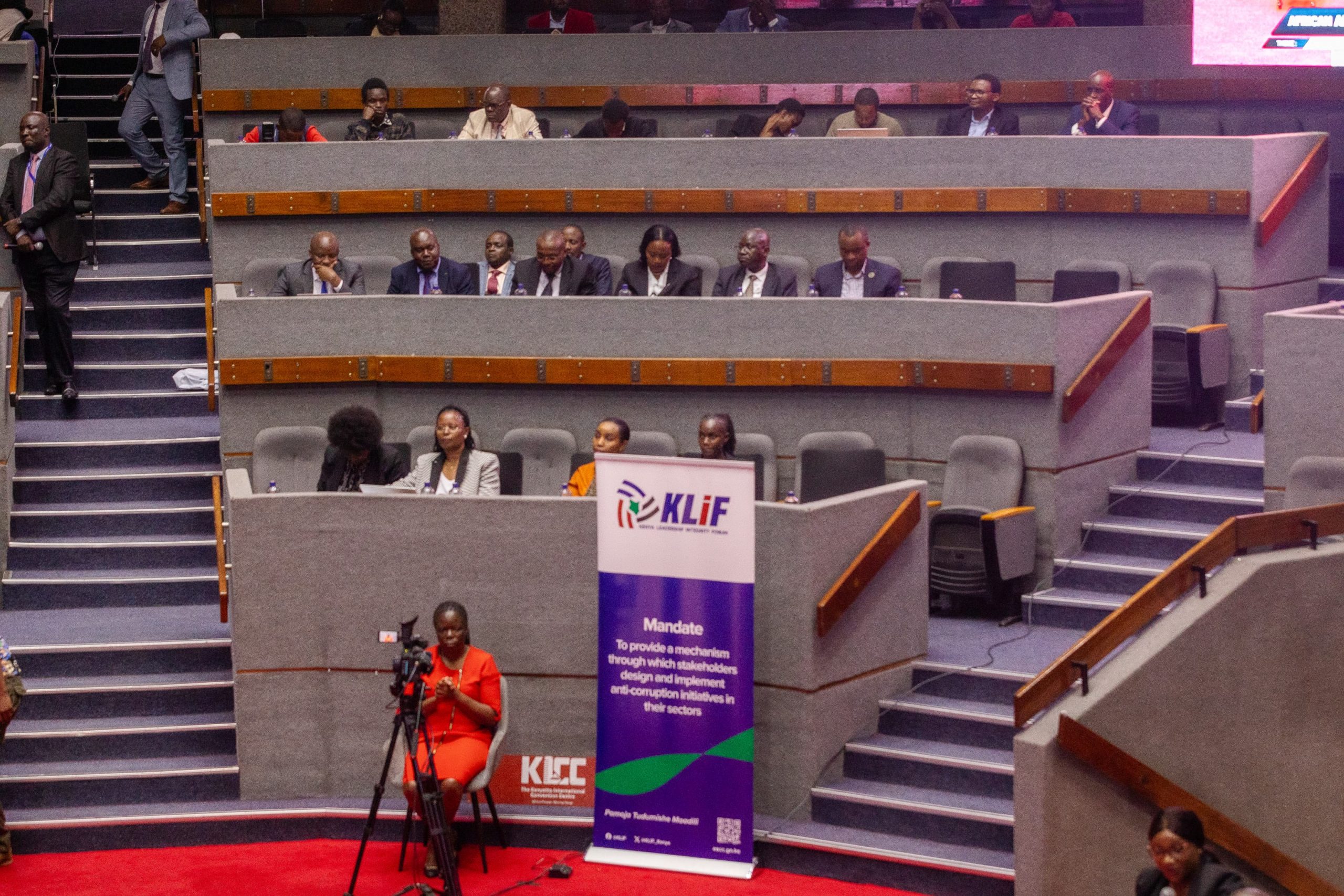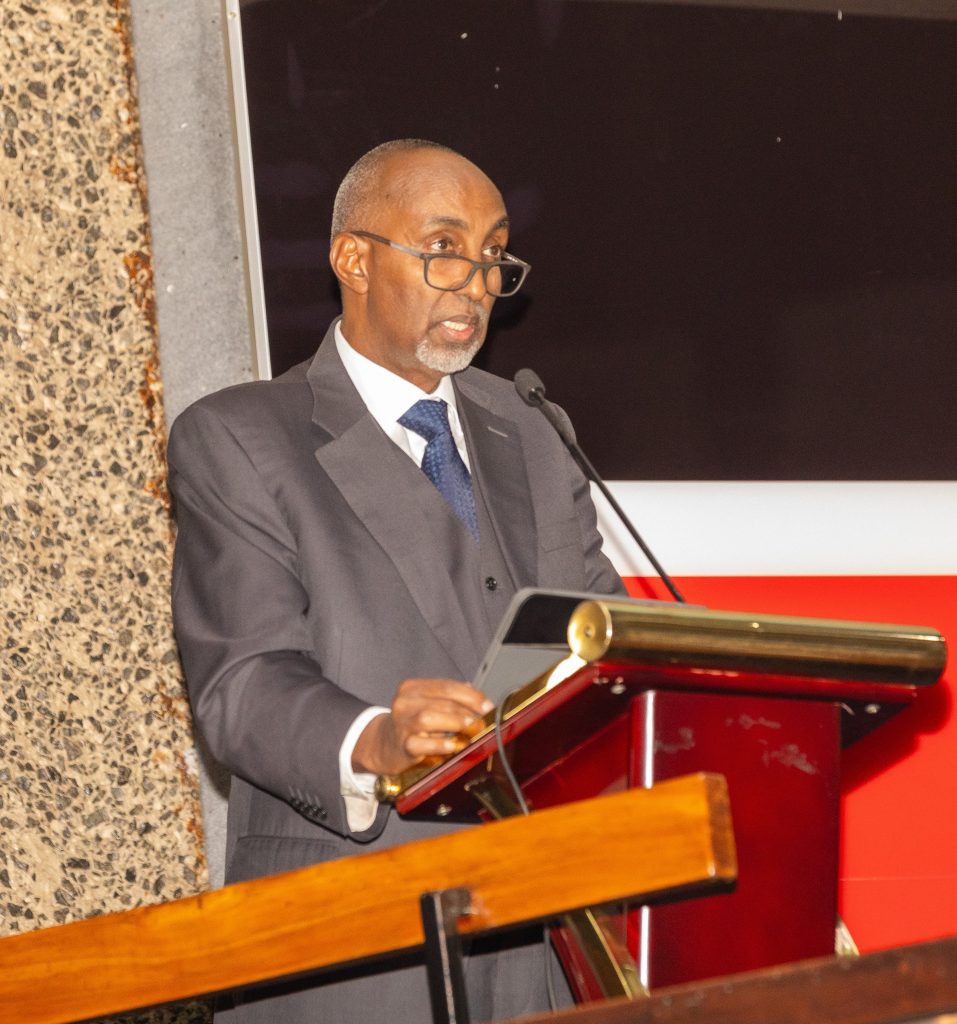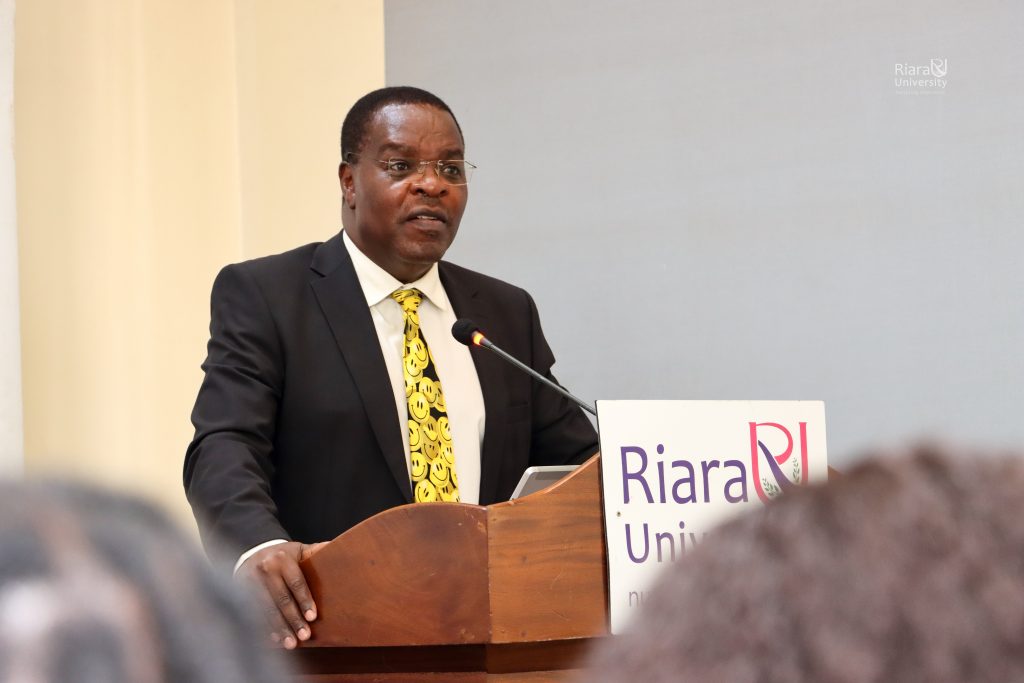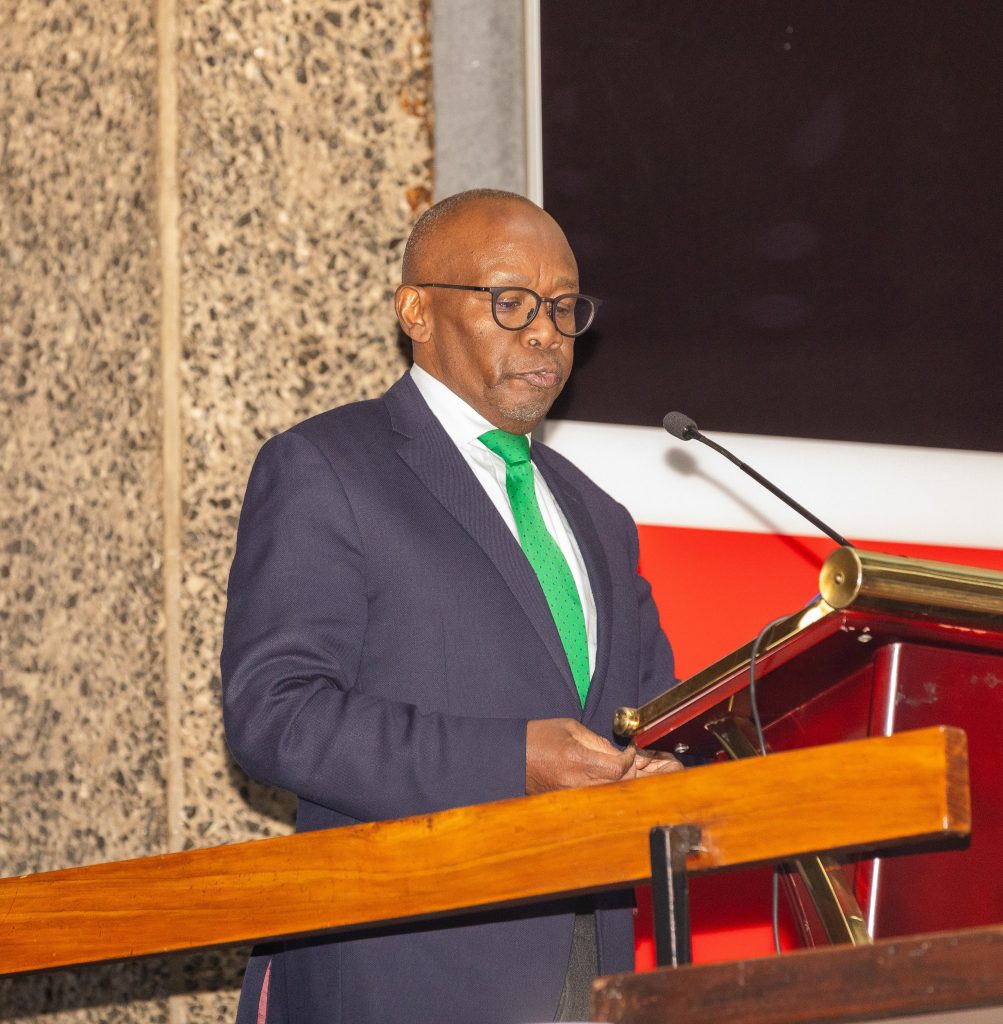EACC Leads 2025 African Anti-Corruption Day Commemoration at KICC

Nairobi, July 11, 2025 — The Ethics and Anti-Corruption Commission (EACC), through the Kenya Leadership Integrity Forum (KLIF), today led the national commemoration of the 9th Edition of the African Anti-Corruption Day at the Kenyatta International Convention Centre (KICC). The event brought together stakeholders from across the public, private, and civil society sectors to raise awareness on the fight against corruption under the theme: “Promoting Human Dignity in the Fight Against Corruption.”
The African Anti-Corruption Day, marked annually on July 11, was established by the African Union Convention on Preventing and Combating Corruption (AUCPCC) to provide a platform for stakeholders to reflect on anti-corruption efforts and galvanize action across the continent. This year’s theme highlights the critical link between corruption and human rights, emphasizing how corrupt practices erode public service delivery and compromise the dignity and well-being of citizens.
Speaking during the event, EACC Chief Executive Officer Mr. Abdi A. Mohamud described corruption as a “crime against humanity,” citing its devastating effect on governance, service delivery, and public trust. “Corruption continues to stifle the economy, deny citizens access to basic rights such as healthcare, safe environments, and essential government services. But most critically, it undermines human dignity,” said Mr. Mohamud.

He reported that the Commission had recovered assets worth approximately Kes28 billion in the last six years through proactive investigations and averted potential losses estimated at Kes42 billion. Ongoing asset recovery efforts target a further Kes50 billion suspected to have been illicitly acquired.
Mr. Mohamud emphasized that recovered assets are being repurposed to restore public welfare and uphold human dignity. A key example being the recovery of a 60-acre parcel of land initially grabbed, and have it utilized for the provision of affordable and dignified housing for residents of informal settlements.
EACC Chairperson Dr. David Oginde underscored the importance of anti-corruption efforts in protecting national resources that contribute to equitable development. “We aim at protecting resources that will in turn ensure that every child has the opportunity to reach their full potential, that every family has access to basic necessities, and that every citizen is treated with fairness and respect,” he said.
Dr. Oginde also called for comprehensive legal and institutional reforms to strengthen the fight against corruption. He stressed the need for independent justice sector actors and an empowered, vigilant citizenry capable of holding leaders and institutions accountable. He commended the youth across Africa for their growing demand for ethical governance and integrity-driven leadership.

Addressing the forum, the Chief Guest, the former Attorney General Prof. Githu Muigai said, “At its core, corruption is a direct assault on human dignity. It erodes the value, rights, and worth of individuals, especially the most vulnerable in our society.”
“Corruption is not just the theft of money; it is the theft of hope, the denial of dignity, and the erosion of citizenship. It tells people that who you know matters more than what you need. It says access to justice, jobs, or medical care depends on a bribe, not a right”. He added.
Prof. Muigai, in acknowledging the role of stakeholders in the fight against corruption, recognized that institutions alone are not enough and that society must rise, citizens are not mere spectators, they are sovereigns in our democracy. The private sector will have a role, because corruption does not happen in a vacuum. Every corrupt public official has a willing private accomplice.

KLIF, which coordinated the event, is a multi-sectoral platform composed of 20 sectors with EACC serving as the Secretariat. Members include the Executive, Judiciary, Legislature, County Governments, Anti-Corruption and Enforcement Agencies, Constitutional Commissions, Civil Society, Private Sector, Media, Professional Bodies, Labour Unions, Education Sector, Religious Organizations, Financial Services, Regulatory Boards, Watchdog Institutions, Development Partners, and Regional and Sub-Regional Bodies.
As African nations mark the 2025 African Anti-Corruption Day, the call remains clear: citizens must play a central role in identifying, disrupting, and reporting corruption to preserve national integrity and promote dignity for all.

